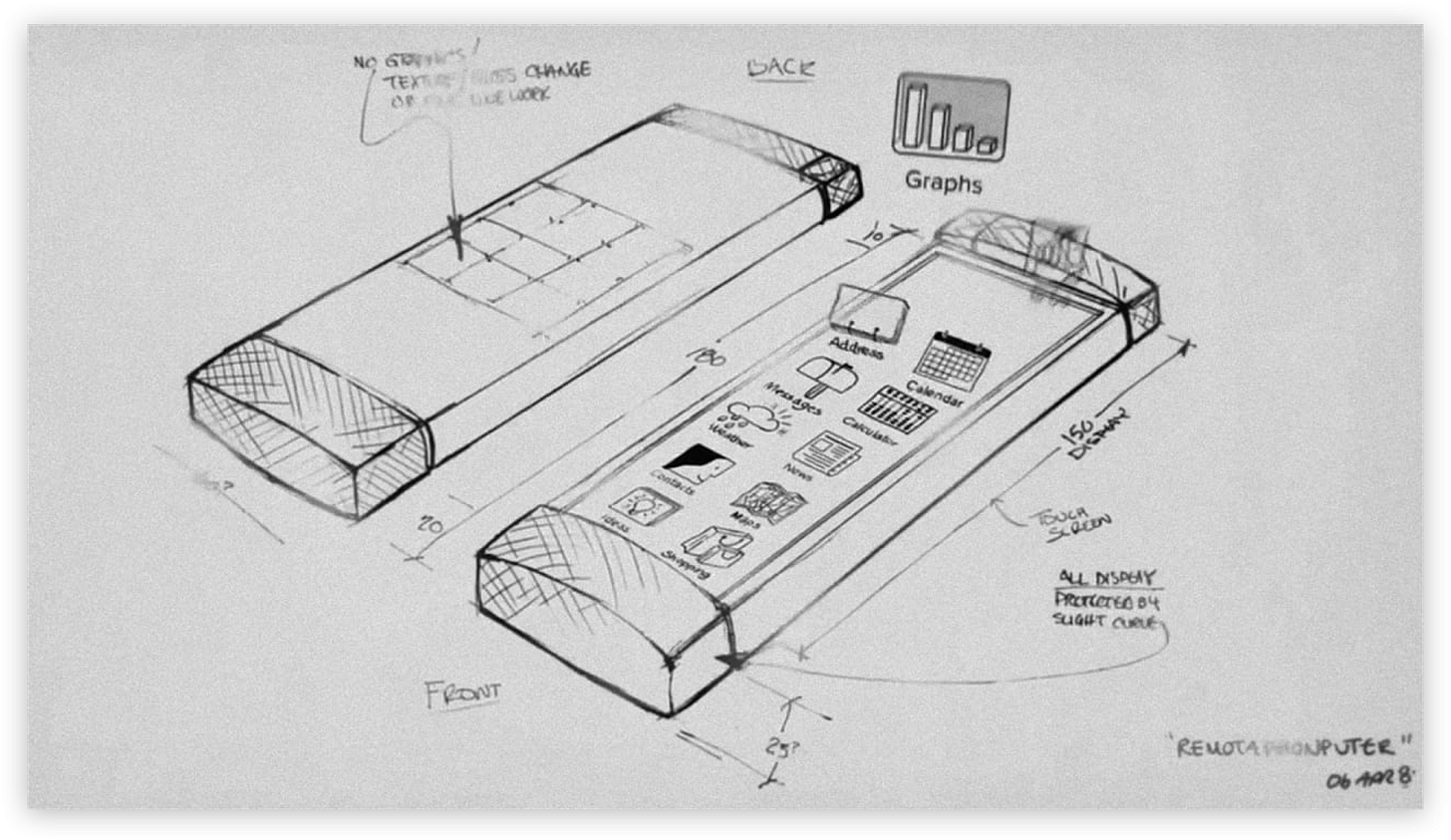𝙾𝚙𝚝𝚒𝚖𝚒𝚜𝚖 𝚊𝚗𝚍 𝙵𝚊𝚕𝚜𝚎 𝙵𝚊𝚒𝚕𝚜
When you're right about ends but wrong about means
In 1496 – 525 years ago today – Leonardo Da Vinci unsuccessfully tested a flying machine he had designed. His optimism about the means was misplaced, his optimism about the ends (manned flight) was right.
Safi Bahcall - author of Loonshots - refers to this as a ‘false fail’, which he defines as “A failure due to a flaw in an experiment, rather than a fundamental flaw in the idea.” It is when something that is possible, seems impossible. Manned flight was possible, Da Vinci’s failure was a false one.
405 years later - in 1901 - an exasperated Wilbur Wright said to his brother “Not within a thousand years would man ever fly” after a failed flight experiment. Another false fail. Thankfully they retained their optimism about the ends.
In 1903, drawing on the numerous failed attempts at manned flight, The New York Times posited it could take “one million to ten million years”, 9-weeks later the Wright Brothers achieved the ends they had long sought.
So often innovators are right about ends, but wrong about means. In the 1990s ‘TellMe’ let you call a taxi via voice commands over a landline al la Alexa/Uber, right ends wrong means. One of its execs - Emil Michael - would later go on to work at Uber, where the means finally caught up with the ends.
Another fascinating example of a false fail is the ‘MIKIPHONE’ - a pocket record player. It was a prescient bet on the appeal of portable, pocket music players, a first crack at a Walkman/iPod like device (ironically with iPhone in its name.)
The 1927 advert above declared ‘The MIKIPHONE is a novelty with a Permanent future’, it was half right. The ends had a permanent future, the means did not. 80 years later and 10 minutes away from the location of the store that ran the ad? Steve Jobs would be holding iPod keynotes at the Yerba Buena Centre for the Arts.
With the Walkman and iPod, the means finally achieved the ends that the creator of MIKIPHONE was betting on. Tony Fadell, father of the iPod, would later go on to shape the development of the iPhone, the perfect means to a futuristic end: a pocket communicator - something he failed to achieve at General Magic (and Nikola Telsa envisioned in 1926, around the time of the MIKIPHONE)
False fails are seized upon by pessimists as proof that building the future is feckless and that those trying to are fools, but every path to a futuristic end is necessarily littered with many failed means. The closer we get to a breakthrough, the more examples of failures there are to undermine optimism in the goal. Like the pioneer of mRNA vaccines - Katalin Karikó - a stead fast optimism in an end, a stubborn determinate optimism, is crucial for technological triumph and progress.







